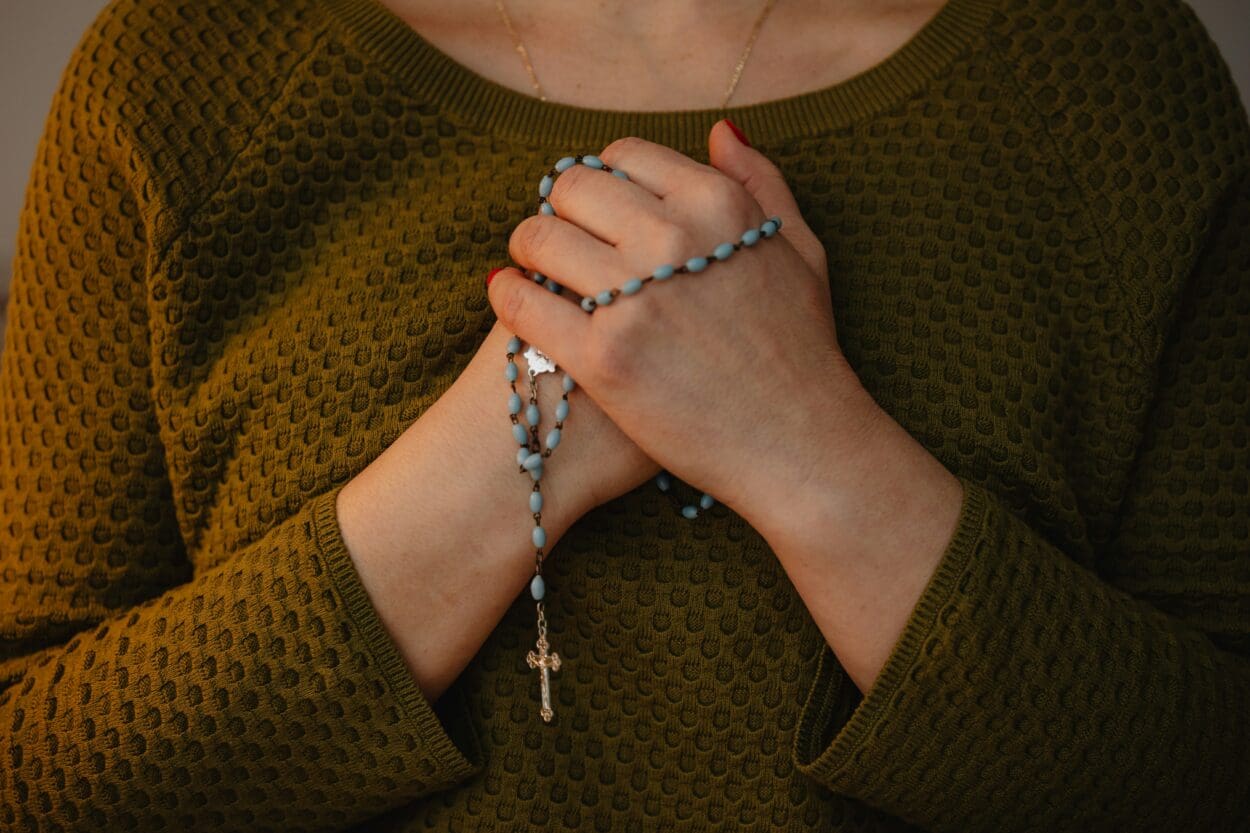Religion, cultural, and spiritual beliefs offer a framework that aids individuals in managing acute and chronic stressors, along with a community of fellow believers who can offer practical and emotional support. Spiritual activities like prayer and meditation also assist in regulating negative feelings and coping with loss.
Although compelling research exists on religion and coping with stress, few investigations have recorded how religious beliefs concerning death, like beliefs about the afterlife, influence psychological adaptation to loss. However, there is evidence that afterlife beliefs may play a significant role in how people cope with death and grief.
Is There a Link between Death, Grief, and Afterlife Beliefs?
Many of the world’s religions and cultures place a strong emphasis on beliefs regarding an afterlife. The majority of Christians, hold a belief in an afterlife that features a blissful heaven and a tormenting hell, with the fate of each person decided by their ethical actions during life.
What’s more important to note is that beliefs about the afterlife are conceptually and statistically different from (yet related to) other measures of religiosity like attendance and affiliation, meaning they might influence bereavement outcomes separately from other religious indicators.
Numerous researchers have suggested that faith in an afterlife might aid individuals in managing the grief stemming from the loss of a loved one and in addressing fears regarding their own inevitable mortality. In particular, beliefs in an afterlife can offer solace to grieving older individuals by creating a sense of purpose in moments of sorrow and nurturing ongoing emotional bonds with those who have passed away.
How Spiritual Beliefs Influence Death and Grief
A prospective cohort study involving 135 family members and loved ones of patients who were admitted to a medical facility due to terminal illness was published in the BMJ in 2022. The study investigated the association between spiritual beliefs and the resolution of grief. The individuals were followed up for 14 months after the death of their loved one.
The study revealed that individuals with no spiritual beliefs had not processed their grief by 14 months following the death. In contrast, individuals with deep spiritual convictions worked through their grief gradually during the same time frame. Moreover, individuals with minimal belief exhibited minimal changes during the initial nine months but later worked through their grief.
Therefore, those who express stronger spiritual beliefs appear to process their grief more swiftly and thoroughly following the death of a loved one compared to those lacking spiritual beliefs.
The Link between Religious Beliefs and Bereavement
A study published in the Journal for the Scientific Study of Religion in 2016 examined the connections between specific religious beliefs (perceptions of God, beliefs about the afterlife, religious orientation) and death anxiety, along with both painful grief responses and positive growth from grief. Researchers surveyed 101 participants from various regions in the United States, aged between 19 and 57, and differing in education levels and ethnic backgrounds.
Participants who expressed any type of religious belief, when compared to those who did not, did not show reduced levels of death anxiety. They did, nonetheless, show increased levels of a specific kind of acceptance of death. Furthermore, individuals expressing faith experienced reduced sorrow and increased personal development following loss. This concludes that a stronger belief in the afterlife did not correlate with reduced grief; however, it was linked to increased grief-related growth and decreased death anxiety.
In recent years, studies have shifted from exploring the psychological and medical effects of grief to investigating what defines vulnerability and resilience during bereavement. While research is scarce, the primary conclusion is that the intensity of spiritual faith, encompassing a belief in life after death, is a significant indicator of how one processes and overcomes grief and loss.
Individuals with weak belief systems processed their grief at a slower pace compared to those with strong convictions. It is also seen that beliefs about the afterlife are not consistently comforting or troubling; instead, their impacts vary based on the clarity and nature of a person’s beliefs and where someone is in the grieving journey.
Hence, it can be concluded that a belief in the afterlife offers a certain degree of inner peace for those who are grieving and assists them in coming to terms with the loss. It offers them the comfort of knowing that their loved one is now in a better place and the hope that, eventually, they will join them once they depart from this world.
Sources:








Leave a Comment